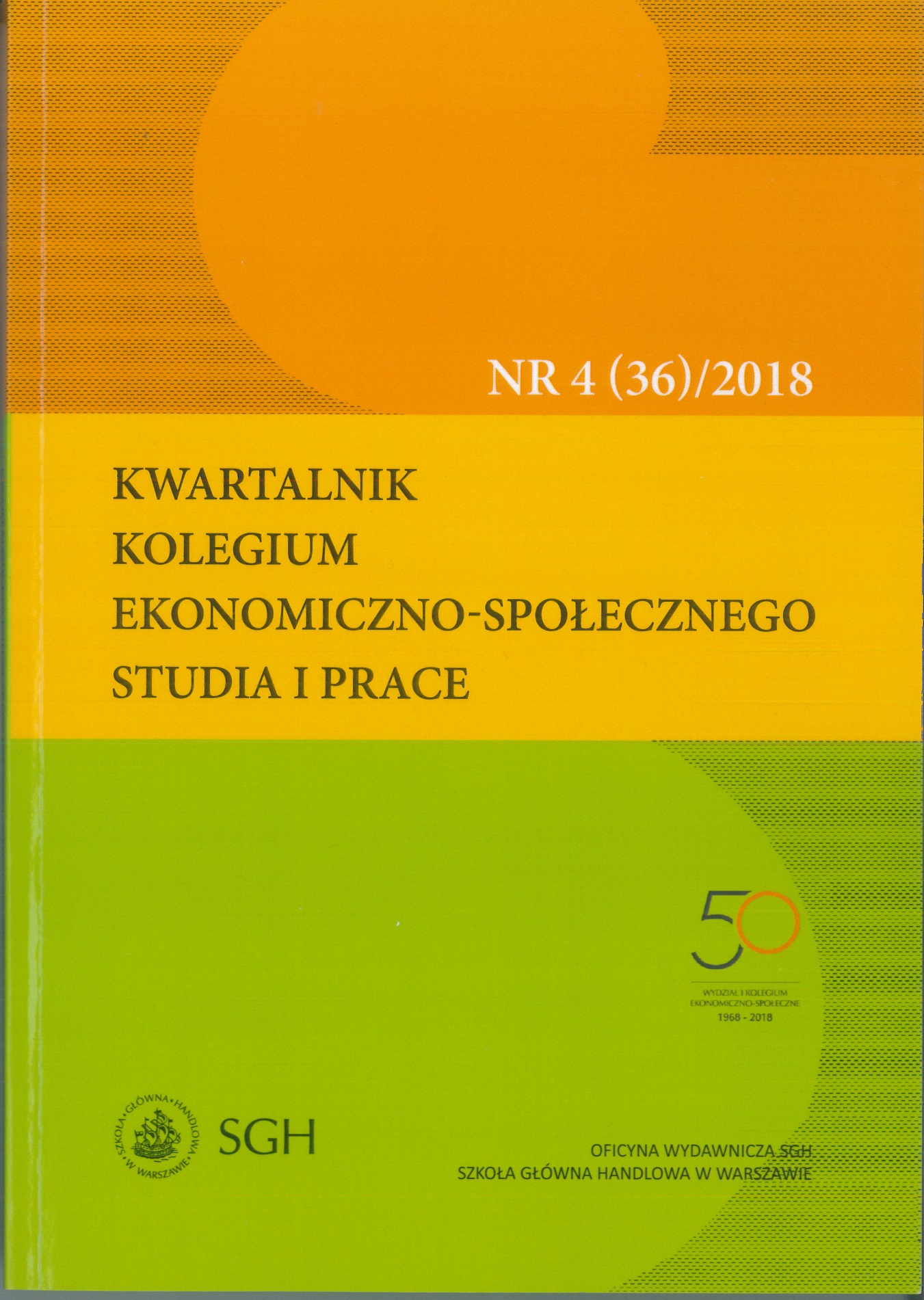Kiedy państwo liberalne staje się nieliberalne?
Main Article Content
Abstrakt
Państwo liberalne staje się nieliberalne wtedy, gdy przestaje tworzyć ramy zaspokajania indywidualnych aspiracji, a zastępuje je programem budowania jakiejś określonej przez siebie wspólnoty, która niekoniecznie ma już obejmować wszystkich, a jedynie członków grup politycznie dowartościowywanych. W takim ujęciu to państwo ma być najdoskonalszym nośnikiem i społecznym modelem realizacji bytu wspólnoty. Zatem to jego interesy muszą przeważyć nad interesami jednostek. Musi ono być więc omnipotentne, albo choćby jedynie sprawiać wrażenie omnipotentnego – poprzez wytworzenie mechanizmów, w którym obywatele mieliby swoje miejsce w definiowanym przez państwo porządku – poprzez ponawiane rytuały symbolicznego świadczenia na rzecz władzy, udział w stale ponawianym sadystyczno-masochistycznym teatrze podległości państwu nawet w relacjach dnia powszedniego. Państwo nieliberalne rezygnuje z modelu wyboru publicznego, którego warunkiem jest swobodny i wolny od aksjomatów narzucanych przez władzę dyskurs publiczny ujawniający zagregowane interesy jednostek. Zamiast tego stara się raczej zidentyfikować interes wspólnoty rozumianej jako byt transcendentny, który ma również transcendentne i niepodlegające wyborowi publicznemu właściwości, wymagające przyjęcia takiego modelu realizacji, jaki nie może być już przedmiotem wyboru politycznego. Z uwagi na zjawisko malejących przychodów krańcowych taki model świadczenia staje się szybko nieefektywny, gdyż przestaje odzwierciedlać zmieniające się potrzeby i nie jest w stanie dostosować do nich samego mechanizmu świadczenia.
Downloads
Article Details
Autor (Autorzy) artykułu oświadcza, że przesłane opracowanie nie narusza praw autorskich osób trzecich. Wyraża zgodę na poddanie artykułu procedurze recenzji oraz dokonanie zmian redakcyjnych. Przenosi nieodpłatnie na Oficynę Wydawniczą SGH autorskie prawa majątkowe do utworu na polach eksploatacji wymienionych w art. 50 Ustawy z dnia 4 lutego 1994 r. o prawie autorskim i prawach pokrewnych – pod warunkiem, że praca została zaakceptowana do publikacji i opublikowana.
Oficyna Wydawnicza SGH posiada autorskie prawa majątkowe do wszystkich treści czasopisma. Zamieszczenie tekstu artykuły w repozytorium, na stronie domowej autora lub na innej stronie jest dozwolone o ile nie wiąże się z pozyskiwaniem korzyści majątkowych, a tekst wyposażony będzie w informacje źródłowe (w tym również tytuł, rok, numer i adres internetowy czasopisma).
Osoby zainteresowane komercyjnym wykorzystaniem zawartości czasopisma proszone są o kontakt z Redakcją.
Bibliografia
2. Hayek F., The Constitution of Liberty, University of Chicago Press, Chicago 1960.
3. Hegel G. W., Grundlinien der Philosophie des Rechts, Nikolai’sche Buchhandlung, Berlin 1820.
4. Hesse A., Politische Ökonomie, t. 1: Deutsches Wirtschaftsleben, Gustav Fischer Verlag, Jena 1935.
5. Hesse A., Politische Ökonomie, t. 3: Volkswirtschaftspolitik, Gustav Fischer Verlag, Jena 1935.
6. Hitler A., Mein Kampf, Zentralverlag der NSDAP, Frz. Eher Narchf, München 1939.
7. Mill J. S., On Liberty, John W. Parker & Son, London 1959.
8. Müller K., Ernst Barlach and National Socialst Cultural Policy, [w:] Degenerate Art: The Attack on Modern Art in Nazi Germany, 1937, red. O. Peters, Prestel, Munich 2014, s. 176–185.
9. Mussolini B., La dottrina del fascismo, [w:] L’Enciclopedia Italiana, Vol. XIV, Instituto della Enciclopedia Italiana, Roma 1934.
10. Olszewski H., Nauka historii w upadku. Studium o historiografii i ideologii historycznej w imperialistycznych Niemczech, PWN, Warszawa 1982.
11. Rauschning H., Gesprächemit Hitler, Europa Verlag, Zürich 1940.
12. Seidel B., Jenkner S. (Hrsg.), Wege der Totalitarismus-Forschung, Wissenschafliche Buchgesellschaft, Darmstadt 1968.
13. Spengler O., Der Untergang des Abendlandes. Umrisseeiner Morphologie der Weltgeschichte, t. 2, C. H. Beck, München 1920.
14. Szczerski K., Cała władza w ręce władzy, https://www.gosc.pl/doc/2432661. Cala-wladza-w-rece-wladzy
15. Tyrowicz S., Światło wiedzy zdeprawowanej. Idee niemieckiej socjologii i filozofii 1933– 1945, Instytut Zachodni, Poznań 1970.
16. Wittgenstein L., Philosophische Untersuchungen, Suhrkamp, Berlin 2003. 17. Zur Geschichtsforschung und ihren Aufgaben, „SS-Leitheft” Heft 6, IV 1938, s. 57.
